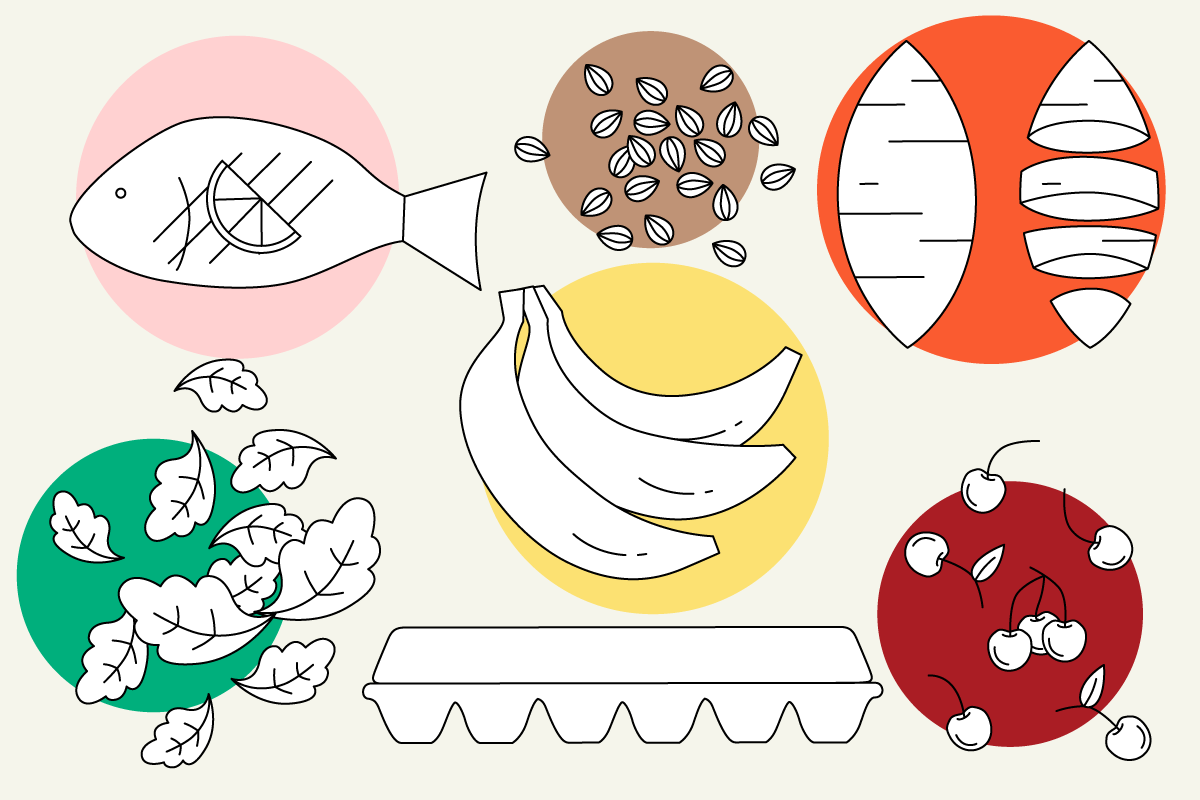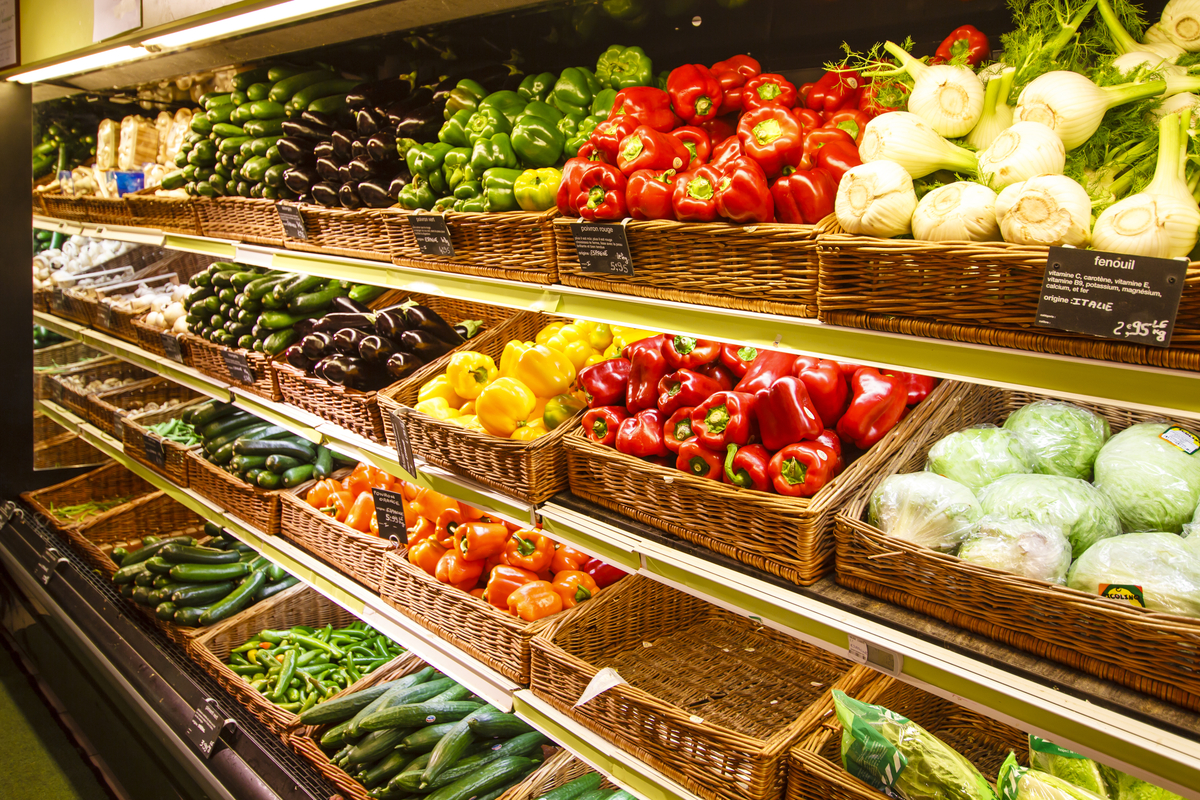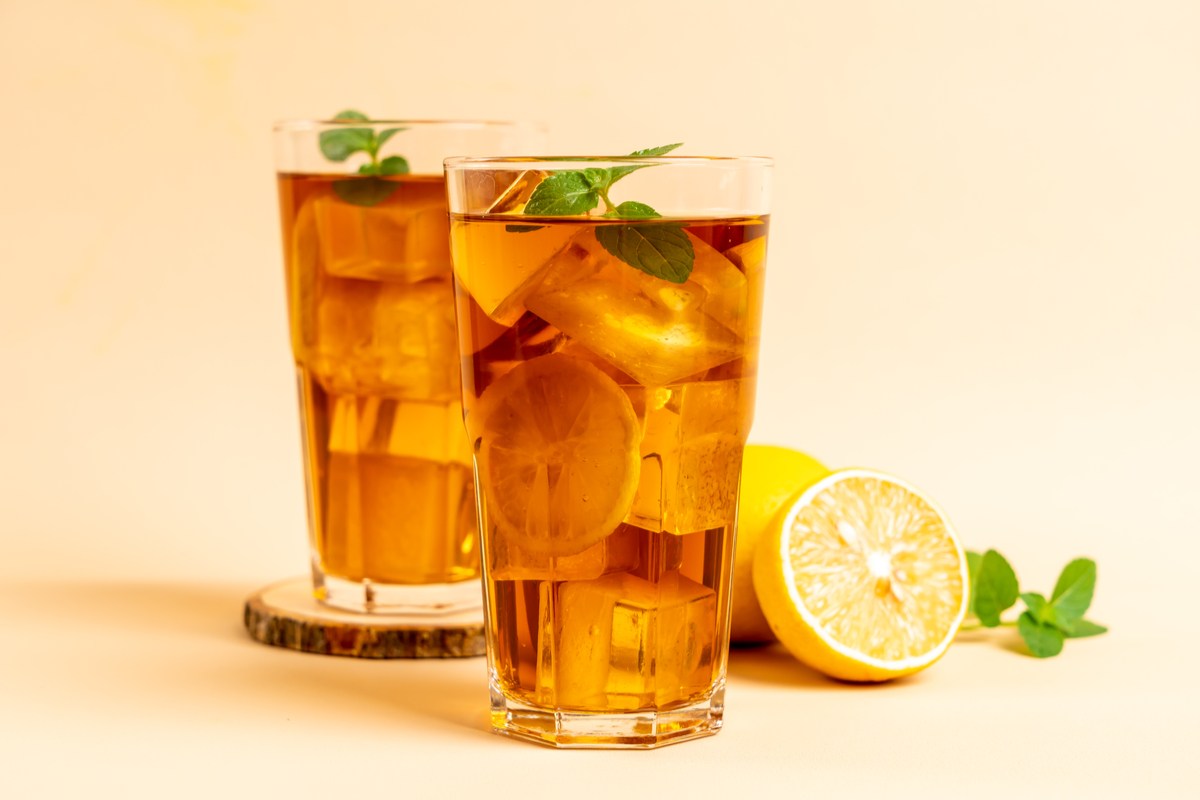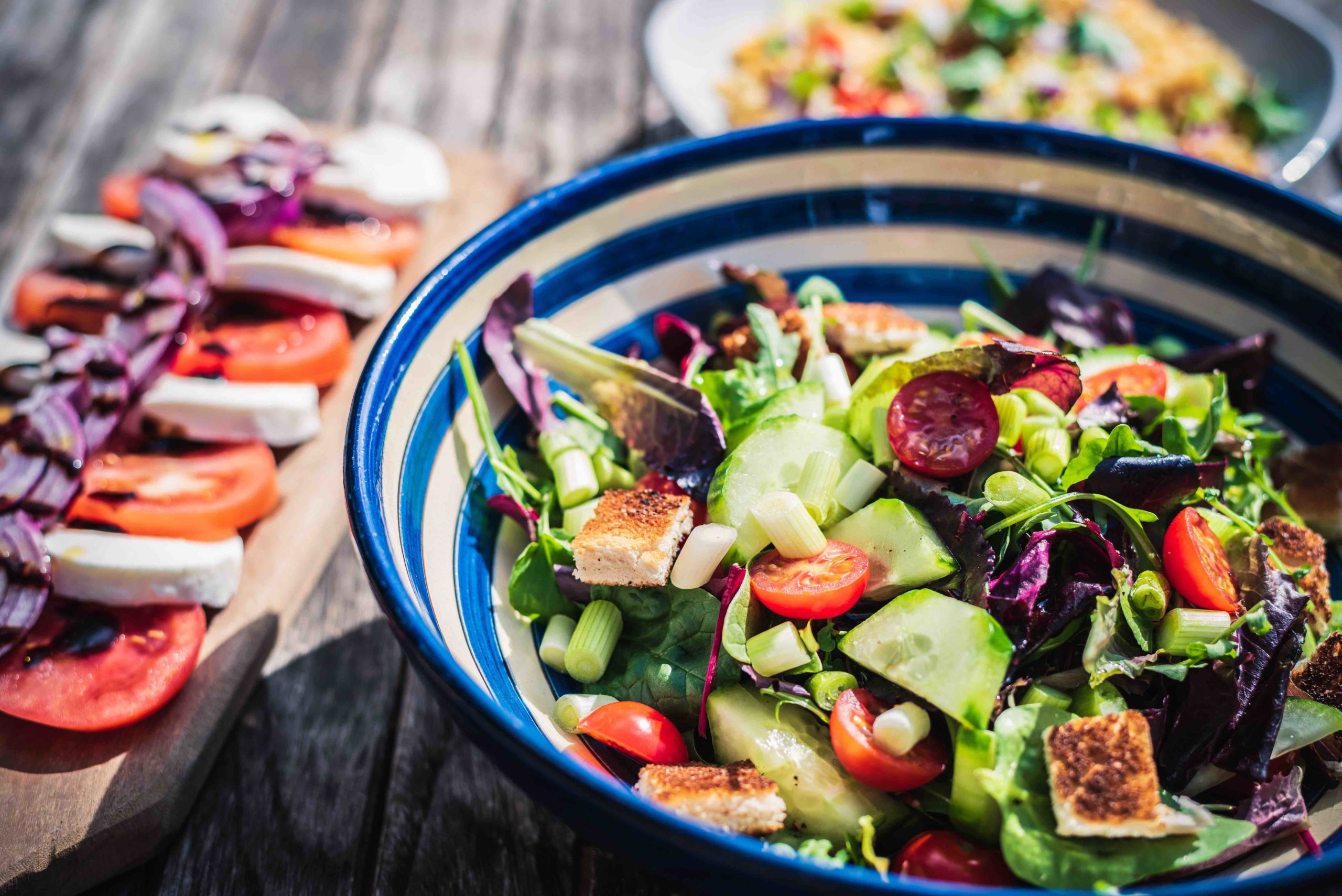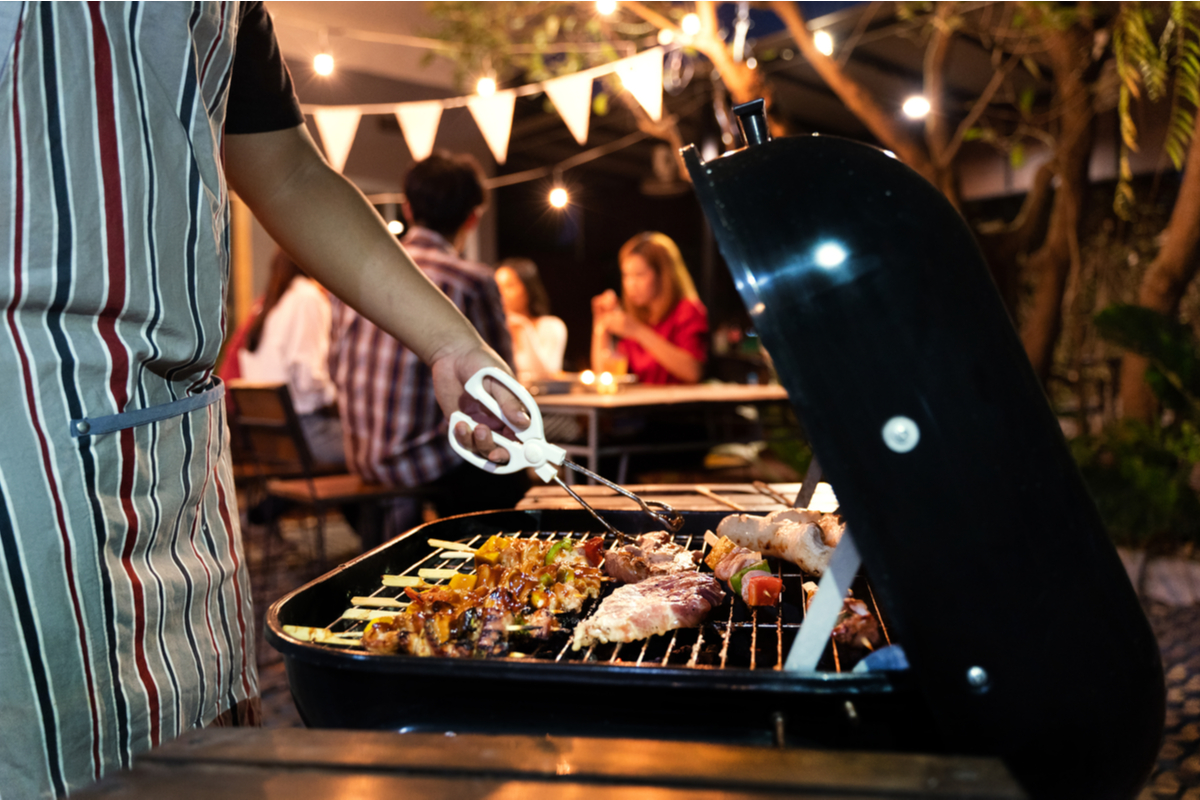The fuel you need to improve your performance.
To get the most out of your workouts, it’s important to fuel your body with foods that give you the most nutrients in each bite. Also important? Fueling up with foods specific to your sport of choice. While everyone needs protein, carbohydrates and fat, the way you use your body for different activities means certain tweaks can make a difference in your performance (and how you feel after a run).
The best foods that runners can eat
As a runner, keeping on top of calorie intake is key. Your diet should have additional calories to compensate for training, although you want to be mindful not to overdo it. (One run does not equal a full extra day of food intake.) It’s also important to focus on nutrient variety and quality, meaning you should eat a spectrum of whole, unprocessed foods to support your pursuits.
Here are some of the best things to incorporate into your diet to reap the most rewards from your training and feel awesome doing it. These healthy options contribute to your overall wellness, making running that much more efficient, and offer a variety of compounds that help moderate your energy, improve your performance and speed up recovery.
Eggs
A great source of protein for vegetarians and omnivores alike, eggs are a great addition to a runner’s diet. A single egg contains 6 grams of protein to help muscles regenerate and choline, which can reduce inflammation, and are easy to digest, making for predictable fuel during a run and efficient rebuilding afterward.
Salmon
You use dozens of muscles in your body when you run, and those muscles need to be supplied with protein to rebuild. Salmon (and most seafood) is a great option because it’s also packed with omega-3 fatty acids and vitamin D. The former helps aid inflammation, supports bone and joint health and can be a boon to your heart — a strong heart means a stronger runner. The latter helps regulate energy, mood and metabolism, essential for motivation and endurance through a run.
Nuts and seeds
Ground into butter or eaten straight from your hand, consuming a variety of nuts and seeds is a great way to round out a plethora of valuable minerals like iron, magnesium and calcium. These support the growth of blood cells and they strengthen bones, both of which are key for promoting healthy oxygen transmission around the body and a strong structure on which to pound the pavement. Plus, they provide a quick, protein-packed replenishment after a run. Almonds, pistachios, cashews, chia and sunflower seeds are great choices.
Bananas
Although they contain high amounts of sugar, bananas can be a runner’s best friend. They’re portable, easy to eat and provide an immediate boost of energy. Plus, bananas contain fiber, potassium, vitamin B6 and vitamin C. Eat them before a run for their easily-used sugars to power your run. Eat them afterward for their electrolytes. They’re a good option post-run to replace minerals lost to sweat. Consume them on their own or in a smoothie with berries for extra antioxidant, inflammation-reducing benefits.
Tart cherries
Ever experienced intense DOMS after a good run? Tart cherries may be an even better antidote than an anti-inflammatory medication. They’re full of compounds and have a protective effect on muscle tissue, which can ease pain during a workout and for days after. As an added bonus, they’re antibacterial and antifungal, so even if you’re running on a germ-riddled treadmill at the gym, you’ll be a little more sickness-resistant.
Greens
The darker, the better, but pretty much no matter how you chop it, leafy greens are awesome additions to your diet. Greens boast fiber, calcium, iron and vitamins A, C and K, as well as folate, which supports healthy circulation. The more easily your blood can reach your muscles, the most efficiently your body will be able to run.
Sweet potatoes
Another high-powered complex carbohydrate, sweet potatoes are as effective for runners as they are delicious. Containing vitamins A and C, plus potassium and magnesium, this root veggie provides a storable, usable form of fuel. Working out also causes a certain amount of damage and free radical production in the body; sweet potatoes are high in antioxidants that counter this and promote faster healing.
Brown and black rice
Unlike white rice, which is primarily starch and can wreak havoc on your blood sugar, brown and black rice provide a spectrum of vitamins and minerals in addition to slow-burning complex carbohydrates to fuel long runs. These are more sustainable fuel sources and provide protein, B vitamins and antioxidant vitamin E, which can help reduce inflammation and speed up recovery. Unused complex carbohydrates are stored as glycogen in the liver for future use, so you’re investing in future runs by eating foods that are easily stored and retrieved.
Coconut water
You can lose up to 17 ounces of water in an hour-long run (of course, temperature and other factors affect this amount). It’s important to replenish this lost fluid; without it, you may experience cramping, muscle failure, dizziness, nausea and fatigue more quickly than you might otherwise. Coconut water, in particular, is a great option because it also contains minerals and electrolytes, which can help rehydrate more quickly than plain water. Of course, water is always a good idea. Drink often and well in advance of your workout, in addition to afterward, to help keep your body in balance.

